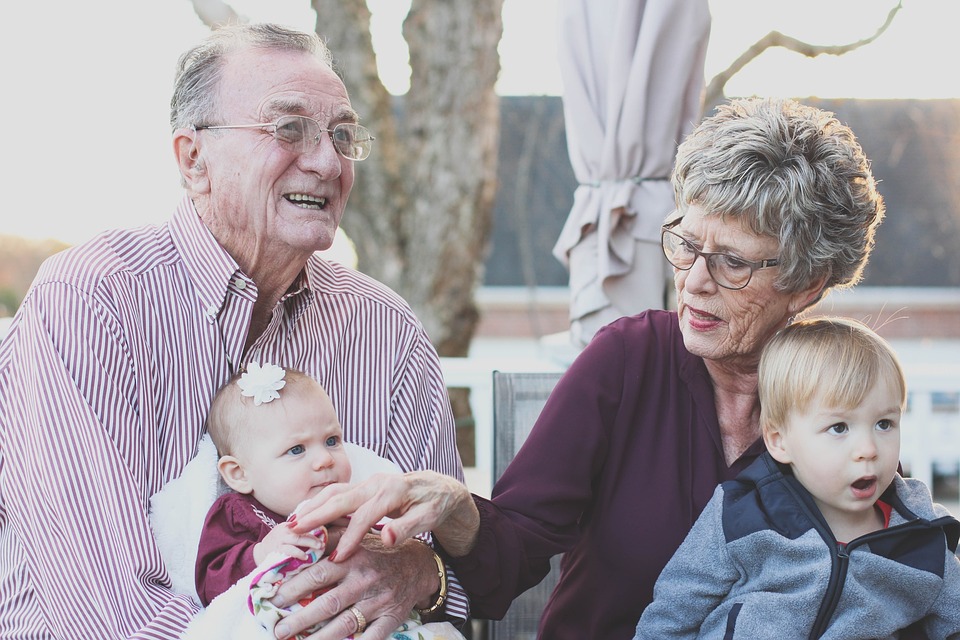At a glance
- An older person’s health can change suddenly — and they may be too proud to admit they need help.
- Don’t wait for your parents to ask for help — trust your instincts and look for signs that they may be struggling.
- Getting the right help early can often help older people to live independently for longer than they may have done without it.
14 signs your elderly parents may need help
We’re so used to our parents worrying about and looking after us, that it can come as a shock when we realize that they need our help. However, an older person’s health can suddenly change without warning. You may notice their driving getting worse, or they may forget to pay bills or feed pets. This fact sheet will help you recognize the signs that your parents might need help, and helps you decide what steps to take next.
Looking for the signs
The prospect of losing your independence can be terrifying for many people. Your parents may be proud and deny they need help from you — even if they’re really struggling. So you can’t rely on them telling you when they’re finding things hard. Instead, you need to trust your instincts and look out for signs. And start taking action before things get worse.
Signs that your parents might need help
- They are not taking medication as prescribed.
- Their driving skills have declined.
- They’re not paying bills or managing their money as well as they once did.
- They fall for scams or high-pressure sales tactics.
- Their clothes are not clean.
- They aren’t brushing their teeth or shaving.
- They have dropped their hobbies and friends.
- They’re eating poorly.
- They’re not looking after their house and garden.
- They aren’t taking proper care of pets.
- They have limited contact with the outside world.
- They seem confused or depressed.
- They have lost bowel or bladder control.
- They have had frequent falls or trouble with stairs.
Getting help
If you think your parents need help, make an appointment with a health care professional who is trained in evaluating the medical, emotional, and lifestyle needs of the elderly. This expert could be a doctor, home care nurse, or geriatric social worker. A comprehensive assessment should cover your parents’ mental and physical health, living space, and daily lifestyle. The goal is to identify risks and determine what assistance or preventive measures could improve their quality of life. You may get advice on home health care and home safety issues, as well as strategies for managing incontinence, vision loss, taking medication, or dementia. If any decisions need to be made, make sure you involve your parents in them.
Facing up to the fact that our parents are getting older isn’t easy. However, by recognizing the signs that they need help, and addressing any problems early, you may be able to help them to continue living independently for more years than would be possible otherwise. Then, you can all rest assured that they are more comfortable, happy and safe.
EFAP is a confidential program that includes professional counselling, information and referral services. UVic’ s EFAP provider is Optum PPC Canada.
This is a 100% employer covered benefit for eligible employees and their dependents.The EFAP benefit covers the cost of short-term counseling sessions. If longer term or more specialized counseling is required, you will be referred to a community resource that you can afford.
For further details, please contact the Benefits Office or Optum PPC Canada
